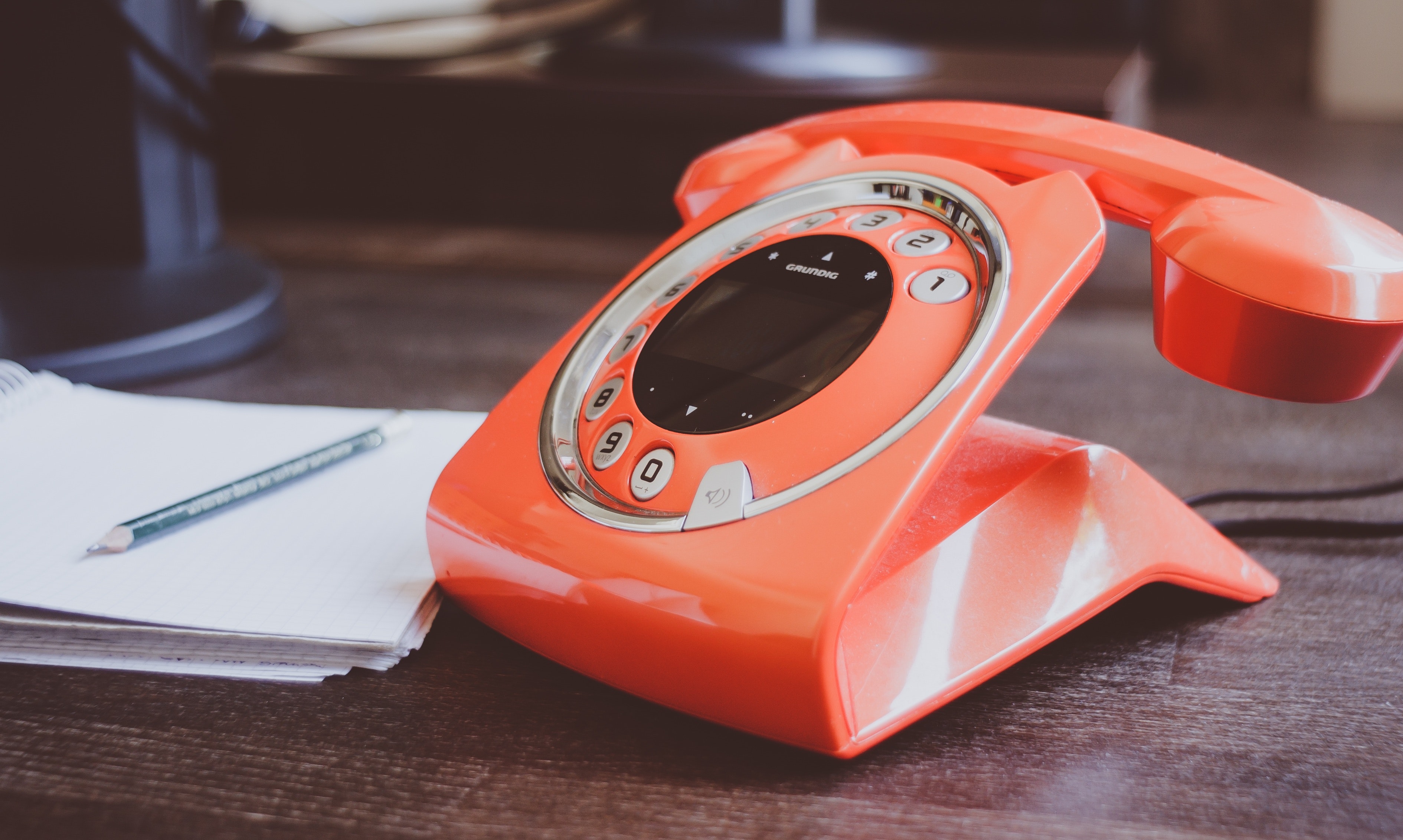Introduction to CRM Dialers / Why CRM Dialers Matter / How CRM Dialers Work / Types of CRM Dialers / Benefits of Using CRM Dialers / Choosing the Right CRM Dialer / Implementing CRM Dialers Effectively / Real-Life Use Cases / Overcoming Challenges / Future Trends in CRM Dialers / ROI of CRM Dialers / Case Studies / Mastering CRM Dialers for Customer Relationship Excellence
Data Privacy
Data privacy is at the forefront of concerns in today's interconnected world. Protecting the personal and sensitive data of customers is essential to building trust and maintaining the integrity of your business. Here's how CRM Dialers contribute to data privacy:
1. Data Encryption:
CRM Dialers use data encryption protocols to safeguard information during transmission. This ensures that data exchanged between the system and the CRM is secure and cannot be intercepted by unauthorized parties.
2. Access Controls:
Access controls and user permissions are central to data privacy. CRM Dialers enable businesses to define who can access customer data and at what level, minimizing the risk of unauthorized access.
3. Data Retention Policies:
Setting data retention policies within your CRM Dialer helps you manage how long customer data is stored. This ensures data is not held longer than necessary, reducing exposure to potential breaches.
4. Customer Consent Management:
CRM Dialers can include features to help businesses manage customer consent. This is particularly important when dealing with opt-in and opt-out requests and data processing permissions.
5. Data Masking:
To protect sensitive data, CRM Dialers can use data masking techniques that display only a portion of the data to agents, ensuring that sensitive information, like credit card numbers, is not visible.
Regulatory Compliance
Adherence to regulatory requirements is not optional but mandatory for businesses in various industries. CRM Dialers play a significant role in helping businesses meet these obligations:
1. Telephone Consumer Protection Act (TCPA):
The TCPA sets rules for telemarketing and the use of automated dialing systems. CRM Dialers often include features to help businesses comply with TCPA regulations, such as maintaining a "Do Not Call" list.
2. General Data Protection Regulation (GDPR):
For businesses dealing with European customers, GDPR compliance is vital. CRM Dialers offer tools to manage and track customer consent, as well as data protection impact assessments.
3. Health Insurance Portability and Accountability Act (HIPAA):
In healthcare-related industries, HIPAA regulations are paramount. CRM Dialers can be configured to ensure the secure handling and transmission of patient information.
4. Telemarketing Sales Rule (TSR):
The TSR governs telemarketing practices. CRM Dialers can help manage compliance with TSR rules, such as ensuring that call abandonment rates are within permissible limits.
5. Financial Industry Regulatory Authority (FINRA):
For financial institutions, CRM Dialers can assist in complying with FINRA regulations, including recording and retaining calls for auditing purposes.
In conclusion, security and compliance in CRM Dialers are non-negotiable aspects of managing customer data. By embracing data privacy best practices and adhering to regulatory requirements, businesses can not only protect customer information but also avoid legal and reputational risks. CRM Dialers play a pivotal role in helping businesses meet these obligations, providing the tools and features necessary to maintain the trust of their customers while ensuring compliance with the law.
Introduction to CRM Dialers / Why CRM Dialers Matter / How CRM Dialers Work / Types of CRM Dialers / Benefits of Using CRM Dialers / Choosing the Right CRM Dialer / Implementing CRM Dialers Effectively / Real-Life Use Cases / Overcoming Challenges / Future Trends in CRM Dialers / ROI of CRM Dialers / Case Studies / Mastering CRM Dialers for Customer Relationship Excellence
